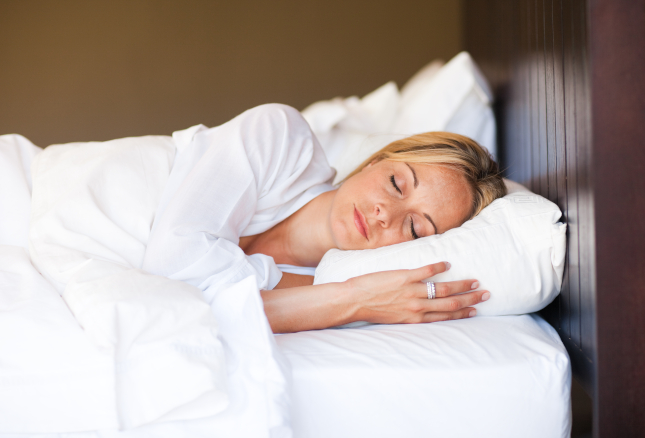Enjoy FREE Shipping on Orders Over $99
DON’T HAVE A COUPON CODE?
Use EZ10OFF At Checkout to Save 10% On Your Entire Order Today!
Daylight Savings Time ends on Sunday, November 7th, 2021.

Why am I bringing this up?
Are you aware that this twice-a-year desynchronization of your body clock has been linked to increased health risks such as depression, obesity, heart attack, stroke, and even car accidents, in the days following the shift?
The time change can temporarily confuse your internal clock (circadian rhythm) in a way that can disrupt your awareness until you adjust. Every cell in your body keeps track of the time, and changes in daily patterns can trigger stress in your brain, often causing sleep deprivation, disorientation, and memory loss. This unnatural shift in time can also contribute to difficulties with learning, social interactions, and overall cognitive function.
Did you know that a healthy amount of sleep is vital for “brain plasticity,” or the brain’s ability to adapt to input? If we sleep too little, we become unable to process what we’ve learned during the day, and we have more trouble remembering it in the future. Researchers also believe that sleep may promote the removal of waste products from brain cells—something that seems to occur less efficiently when the brain is awake.
Your body has its own way of telling time.
Specifically, your body responds to cues from the light to help to become (and stay) alert during the day and prepare your body and brain to experience regenerative sleep at night. Light is directly related to your quality and quantity of sleep, which has an impact on many systems in your body and brain.
In the Fall, losing an hour of evening light can markedly affect your mood – and for some, signal the beginning of seasonal affective disorder (SAD), a type of depression associated with a lack of sunlight.
Prevention—Melatonin to the Rescue!
Melatonin is the hormone produced by the pineal gland in the center of your brain that tells your body when it’s time for bed. Melatonin levels start to rise in your body when it gets dark, signaling to your body that it’s time to sleep. People who do not make enough of it can have trouble falling asleep.
By now, you likely know that (like so many other natural processes and hormones) melatonin levels naturally decline gradually over the human lifespan and may be related to lowered sleep efficacy, very often associated with advancing age, as well as to deterioration of many circadian rhythms. Supplementation of this vital hormone is shown to offer a plethora of benefits.
Amazing Benefits of Melatonin
Melatonin Dosage Guidance for Seniors:
It is better to start off with a small dose, and slowly work up to the dose that’s effective for you. A standard dose for older adults can range from 1mg. to 5mg. This is why we made Purefect Sleep Soft Chews so convenient for you: Each delicious passionfruit-flavored gummy delivers 1mg. of melatonin so you can easily fine-tune your dosage for best results. Try to take melatonin 3-4 hours before bedtime, and no later than 9:30 pm.
Steps for Optimal Sleep and Improved Health
We recently uncovered a selection of research studies showing evidence of melatonin as a first line of defense against viral attacks.
Melatonin for the Early Treatment of COVID-19: A Narrative Review of Current Evidence and Possible Efficacy
Conclusion
Due to its demonstrated efficacy as an antioxidant, anti-inflammatory, and immunomodulator, the effects of melatonin can reduce the severity of symptoms and cellular damage induced by viral diseases when started as an early treatment. The strategy melatonin offers is to slow the cytokine storm observed in COVID-19 and reduce the oxidative damage to enhance the resistance of individuals and provide additional survival time. With melatonin’s high safety profile, abundance of availability, and low cost, the administration of 2.5 to 10 mg of melatonin at night should be initiated as soon as possible after diagnosis for all adult patients.

Related Studies:
https://pubmed.ncbi.nlm.nih.gov/32493475/
https://pubmed.ncbi.nlm.nih.gov/32893686/
Cautions: